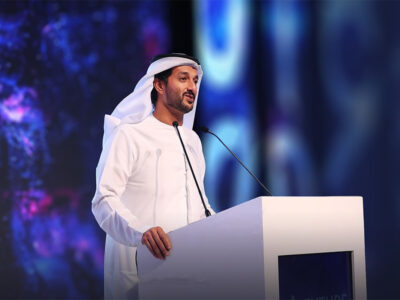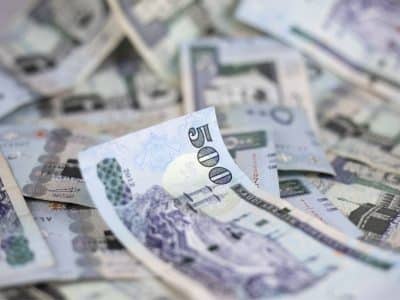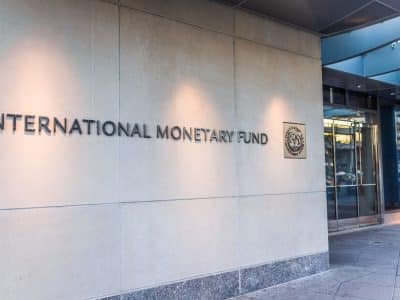Trophy-giving ceremonies tend to be backslapping affairs, but not this year’s CEO Middle East Awards. Last week our sister title hosted an extraordinary event where the keynote speaker Guarav Sinha told an audience of CEOs: “Capitalism is far from perfect and today my issue is with the broken contract between corporations and society, and the culture of mindless consumption that is causing irreversible negative impact on both the planet and its people.”
You could almost hear a sharp intake of breath from the audience, though they responded at the end with rousing applause. And I think it’s because they, too, know there is a problem.
From debt-fuelled growth and the widening gap between rich and poor, to political instability and environmental devastation, there is a global issue with capitalism that could explain (though not justify) reactions as diverse as protest votes for Donald Trump, Brexit, trade wars or the rise of far-right parties in Europe.
Business does not have to be a win-lose equation. The best deals always benefit both parties
But I like to think those CEOs also clapped because they know they are part of the solution. Business does not have to be a win-lose equation. The best deals always benefit both parties.
Race for the top
A great example of this idea in action is the Hult Prize, founded in 2009 by Ahmad Ashkar. Having quit the banking sector, the Palestinian-American was in his first few weeks of an MBA at Hult Business School when he had a realisation. “When I heard about the idea of servicing the poor through for-good, for-profit companies, my ‘a-ha’ moment was this: why stop at sustainability? Why can’t we bring bankers, consultants and engineers into the giving space?” he told me a couple of years ago. “How come we can’t service capitalism and humanitarianism in one swoop?”
He pitched an idea to foster this concept to the school’s founder Bertil Hult, who loved it and has thus far invested millions in the prize that bears his name. In less than a decade it has launched industry leaders in healthcare, food and transportation. Two of them are on their way to becoming billion-dollar companies.

This summer I spent a couple of days at the Hult Prize Accelerator week. More than 100,000 students from 121 countries had been whittled down to a shortlist of 200 and these bright young minds were undergoing a six-week entrepreneurial bootcamp. At the end, six teams were selected to pitch in New York at the UN to win $1m, presented by former US President Bill Clinton.
An American University of Sharjah team, U-Light, reached the finals thanks to their off-grid energy solution for poor, rural areas of the world, but the prize went to SunRice from University College London, which has a farming start-up solution that radically improves rice yields, land turnover and income.
If successful, it could improve the livelihoods of millions of poor farmers across Southeast Asia and beyond. And here’s the thing: Hult Prize takes a stake in the winning company. If it cashed in those shares, its profits would already be in the tens or hundreds of millions.
The world awakes
As Ashkar told me: “If you want to create a billion-dollar company, go solve a trillion-dollar problem. A lot of great businesspeople are overlooking this space and I have no idea why.”
And it seems others now think the same way. Over the past year alone, the “impact investing” market has doubled to $228bn in assets under management, according to the Global Impact Investing Network.
To return to our CEO Awards, the winners have been hugely successful at running airports, airlines, food businesses, energy companies, law courts and real estate developments. These men and women are not the problem. They are the ones who have the vision, the capability and the leverage to be the solution to our biggest challenges.









